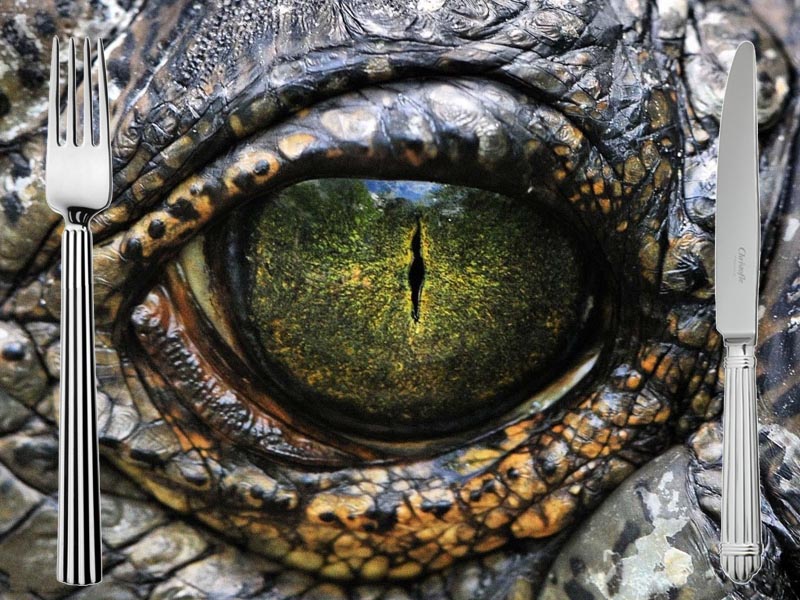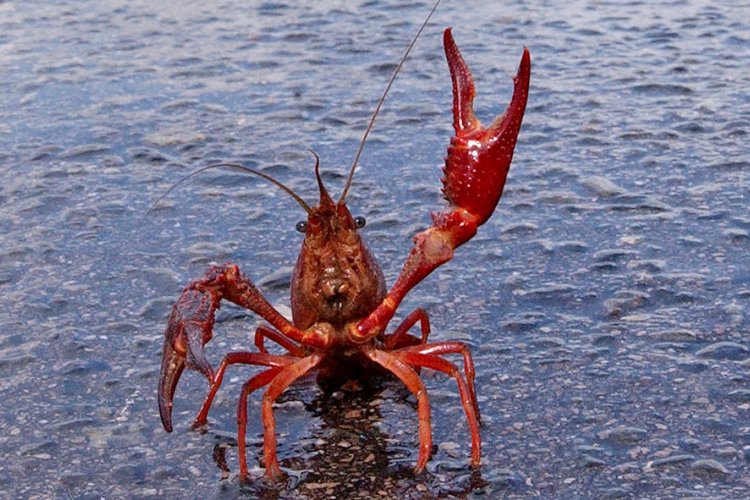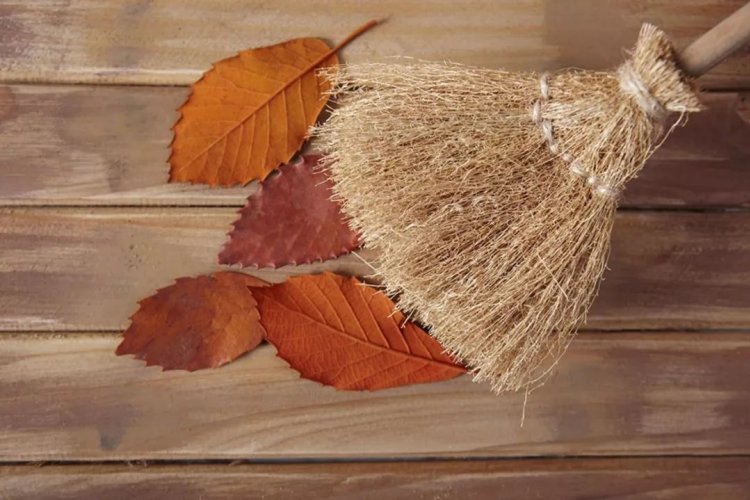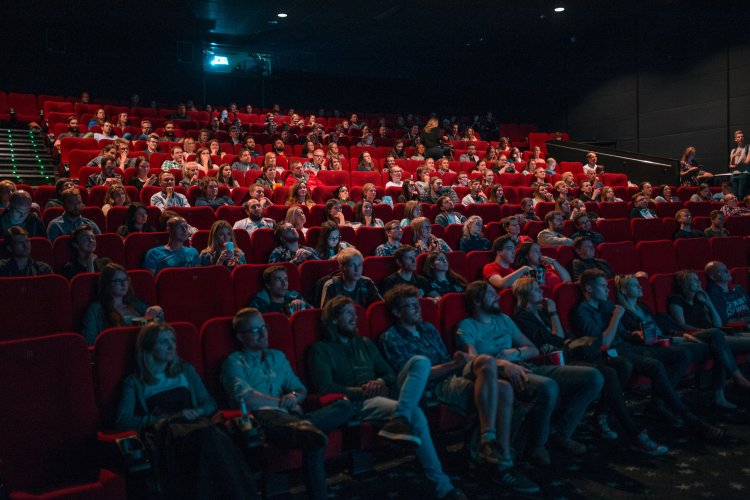Fantastic Beasts and Where to Eat Them in Beijing
The world appears to have quietly gone mad for Fantastic Beasts. The debut of Harry Potter’s first franchise-building spin-off has taken more than USD 680 million in less than a month at the box office, including USD 41.1 million here in China. At its peak, the film has been given 70,000 screenings a day across China, the most of any film in J.K. Rowling’s Potterverse and more than the entire lifetime total of the first seven Harry Potter films.
If all this fanaticism for fantastic beasts is sending you a little creature crazy, you may well be longing for a monster-hunt of your own. But if you’re put off by the concrete cages of Beijing Zoo, the grey-green, greasy waters of Beijing Aquarium, or the sad and pining creatures that live in both, fear not. For what our fair city lacks in animal husbandry, it more than makes up for in bringing out the best in creatures brought to table.
In the spirit of discovering Beijing’s creatures at their very best, we’ve compiled our top five list of animals you may not have encountered in Beijing, but that we assure you are worth tracking down.
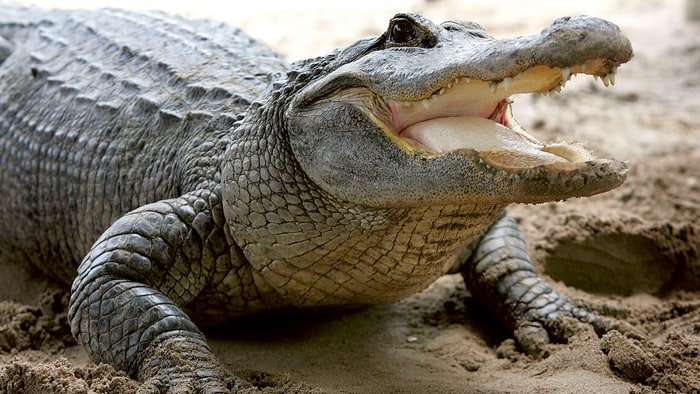
Alligator
Extensively farmed in southeastern China, it’s not unusual to see whole alligators on ice in the seafood section of Walmart in many cities across Guangdong. Like the meat of most reptiles, alligator meat tastes similar to chicken but with a texture more similar to firm white fish such as swordfish. Try it as it’s prepared in Guangdong at Yuejia Xiaochu (粤家小厨) in Fuchengmen. the red braised alligator (红烧鳄鱼 hóngshāo èyú, RMB 78) is stewed with ginger, garlic, soy sauce and green onions, and served sizzling in a cast iron bowl. While you’re there, also try the kèjiā dòufu bāo (客家豆腐煲, RMB 38), a Hakka dish of braised tofu tiles stuffed with minced pork, and the xián yú qiézi bāo (咸鱼茄子煲, RMB 42) thick strips of soft eggplant seasoned with the umami flavors of salty preserved fish.
3/F, 2 Fuchengmen Waidajie, Xicheng District (6801 7566)
西城区阜成门外大街2号3层

Bullfrog
The nutritional overachiever on this list is the humble bullfrog. It's high in Omega 3 fatty acids, thiamin, riboflavin, and iron, is low in fat, and beats out chicken breast in just about every measure of nutrition. Health-conscious frog enthusiasts would do well to take some home to steam with broccoli. However Wawa Jiao (哇哇叫) Frog Hot pot will furnish you with all of the oil, salt, spices, and carbs your palate can handle to ensure that each little froggy morsel is bursting with flavor. Try the dry pot bullfrog (干锅牛蛙 gān guō niúwā, RMB 108) that comes sizzling in dry spices with sliced potato lotus root.
288 Dongzhimen Neidajie, Dongcheng District (Guijie, on the Southeast corner of the Beixinqiao intersection) (6409 3077)
东城区东直门内大街288号(北新桥东南角)
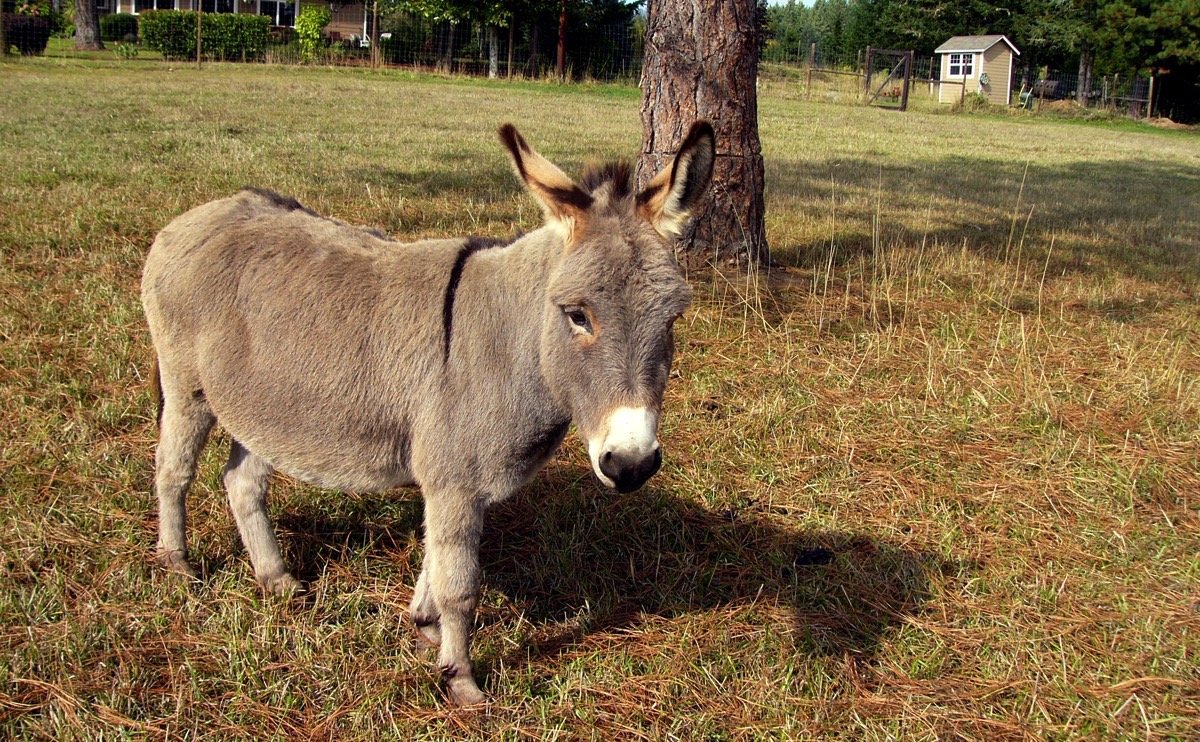
Donkey
In Heaven there is dragon meat, on Earth there is donkey meat, or so our neighbors in Hebei would have us believe. Food of the gods or not, donkey meat is delicious and readily available in burger form throughout Beijing. Wang Pangzi, aka Fatty Wang (王胖子), is one of our city’s most famous purveyors of donkey burgers (驴肉火烧 lǘ ròu huǒshāo), and in addition to excelling in the production of the traditional donkey burger, offers just about any part of the donkey you can think of in burger form. We particularly enjoy the traditional version (RMB 7), served cold with chopped green peppers on a hot, flaky bun (火烧 huǒshāo), but numerous out-of-towners we’ve taken there have enjoyed the version made with donkey ... ahem ... ‘Money Meat’ (钱肉 qián ròu) as well. You can find Wang Pangzi branches all over the city, but we particularly like the huǒshāo made at the Gulou branch.
80 Gulou Xidajie, Dongcheng District (8402 3077)
东城区鼓楼西大街80号
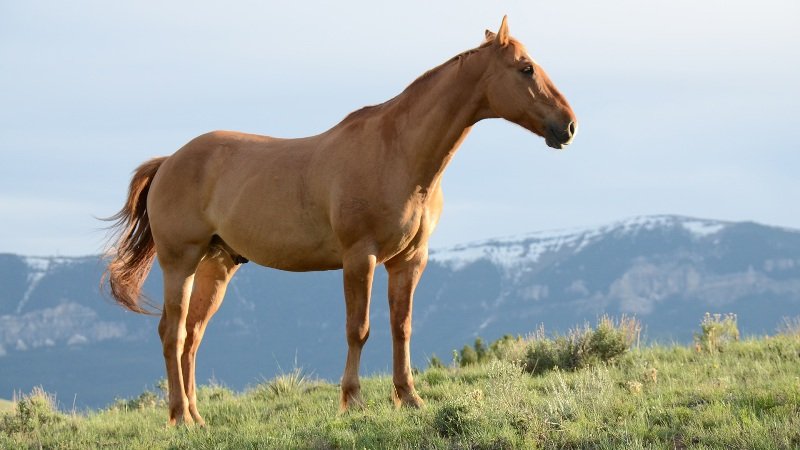
Horse
These majestic creatures are mostly consumed in China’s borderlands, and horsemeat is not uncommon in the cuisines of Guangxi and Yunnan. While rare (pun intended) in Beijing, horse meat can occasionally be found served as carpaccio (with minced green olives and green onions), or more reliably in cooked form at Japanese izakaya Vin Vie (万火). The only non-Chinese establishment on our list, Vin Vie is worth a visit not only for its delivery of this sweet, lean, and tender meat, but also its inventive execution of every dish it serves. Try the braised horse (RMB 55), which is sliced, wok-fried, then covered in a rich and tangy sauce. The menu changes often, but we also particularly enjoy the chicken meatball yakitori with raw egg yolk, the steamed pork belly and any fried fish dish. Book in advance or prepare to wait outside in the cold.
8 Maizidian Jie, Chaoyang District (6508 5517)
朝阳区麦子店街8号
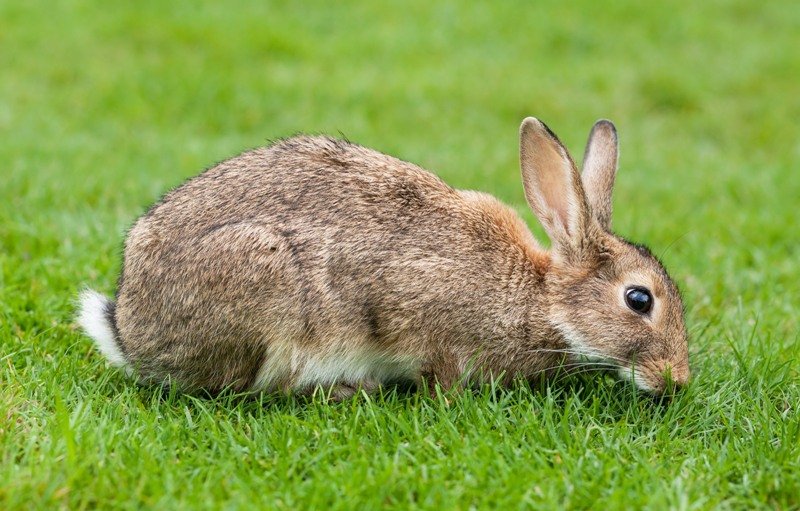
Rabbit
Specifically, rabbit heads. They’re a specialty of Chengdu and used to be abundantly available as snacks on street corners around Beijing. While they’ve disappeared from the streets, seeking out a gruesome but delicious tête-à-tête with Beijing’s rabbits is well worth your while. We like the rabbit heads at Lao Jie Tu (老街兔), where rabbit heads stewed either with five-spice or chili and Sichuan pepper are RMB 8 each. Each table has handy diagrams depicting the optimal method for efficient cranial deconstruction, leaving you in no doubt as to how to attack with grace and dignity. Step 1: Confront your rabbit!
1 Xinzhong Jie, Chaoyang District (corner of Dongzhimen Wai Dajie, 200m east of Ginza Mall) (6417 2399)
朝阳区新中街1号 (东直门外大街路口,东方银座东行200米)
Images: Joey Guo, wennermedia.com, nationalgeographic.com, modernfarmer.com, horsechannel.com, wikimedia.org

